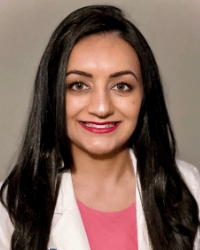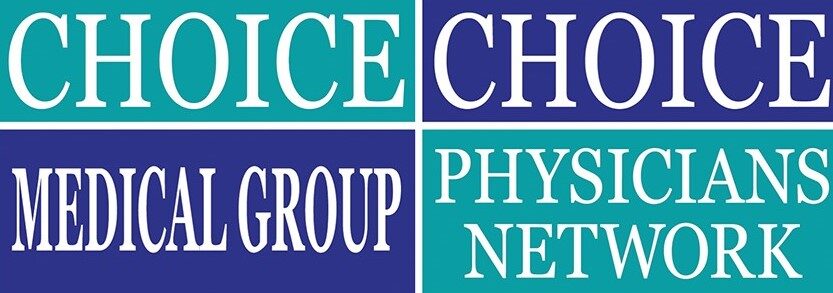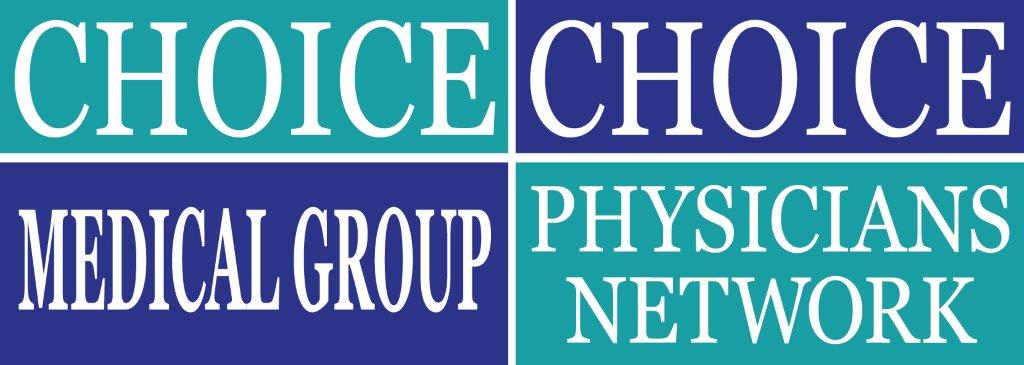Ruby Jhaj, M.D.

760.995.2099
Fax: 760.242.3927
12765 Main Street, Suite 630
Hesperia CA 92345
Accepting New Patients!
Call Today!
760.995.2099
Learn more about Dr. Ruby Jhaj on her website!
Chronic Kidney Disease
by Ruby Jhaj, MD
Chronic Kidney disease is a progressive condition in which there is gradual loss of kidney function. It is a silent disorder that can lead to serious health complications if left untreated. CKD affects approximately 10% of the world’s population.
The kidneys play a vital role in filtering waste products, regulating blood pressure, and producing hormones that help our body function properly. When the kidneys are damaged, they are unable to perform these functions effectively, leading to a buildup of toxins in our body.
CKD is usually caused by health conditions such as diabetes, hypertension, and autoimmune diseases. Additional risk factors include a family history of kidney disease, obesity, smoking, and age over 60.
Symptoms of CKD may not be noticeable in the early stages, but as the condition advances, individuals may experience symptoms such as fatigue, leg swelling, changes in urination patterns, and high blood pressure.
Diagnosis of CKD is usually made through blood and urine tests that measure the kidney function and the presence of protein or blood in the urine. Treatment for CKD focuses on managing underlying health conditions, slowing the progression of kidney damage, and preventing complications such as heart disease and kidney failure.
Treatment for CKD involves lifestyle modifications such as maintaining a healthy diet, exercising regularly, quitting smoking, and managing blood pressure and blood sugar levels. In some cases, medications may be prescribed to control symptoms and reduce the risk of complications. In severe cases of CKD, dialysis or kidney transplantation may be necessary to compensate for lost kidney function.
Prevention of CKD involves treating underlying health conditions and routine monitoring of kidney function. Early detection and treatment of CKD can help slow the progression of the disease and improve quality of life.

